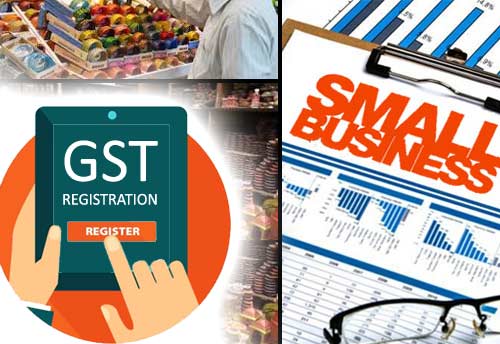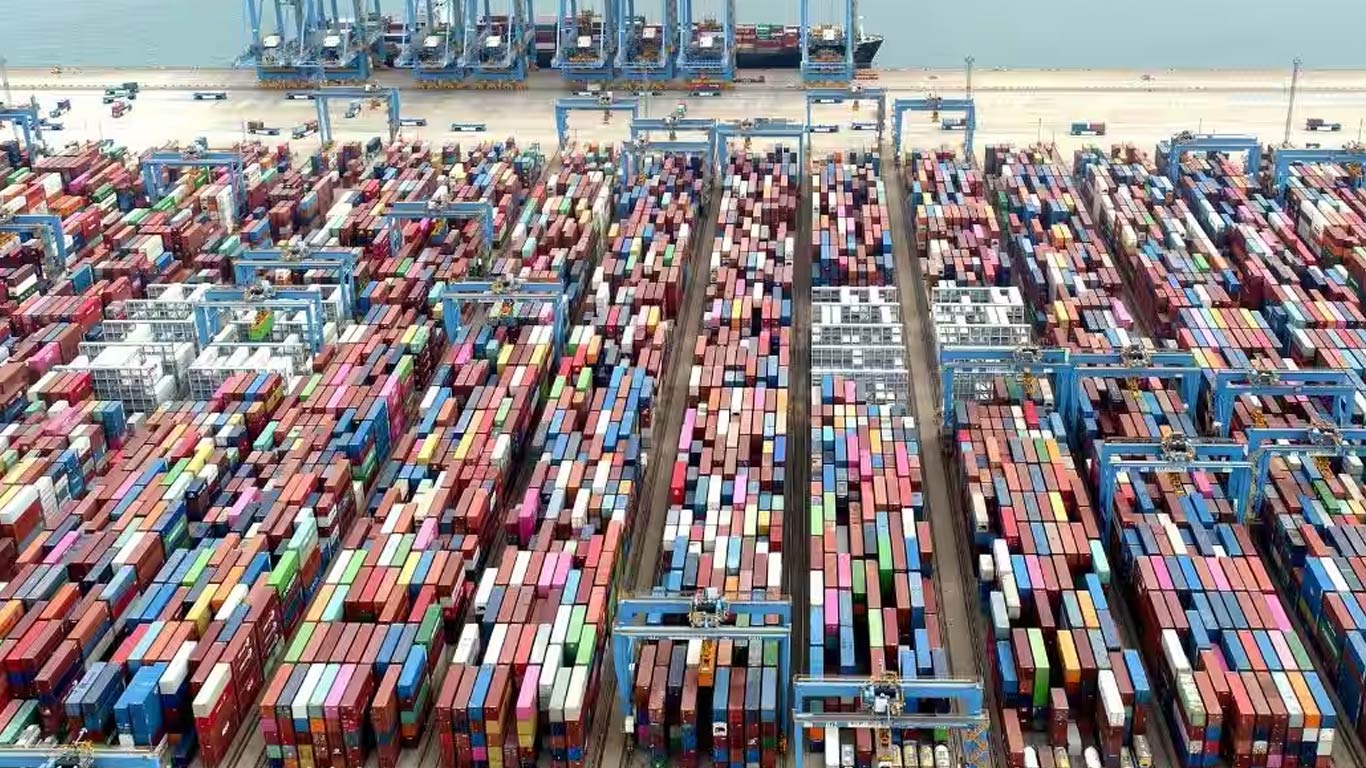Compulsory GST registration discourages small businesses to go online: Anil Bhardwaj, SG FISME
Updated: Dec 16, 2021 09:27:10am

Compulsory GST registration discourages small businesses to go online: Anil Bhardwaj, SG FISME
New Delhi, 16 Dec (KNN) An online panel discussion on “Fostering Inclusive E-Commerce Ecosystem in India” was hosted by CUTS International on Wednesday, where a whitepaper on the topic was released.
The panel was graced by eminent speakers from the industry across verticals.
Speaking on the mandatory registration for GST, Anil Bhardwaj, Secretary General, Federation of Indian Micro and Small & Medium Enterprises (FISME) said, “The fact that small businesses have to mandatorily register for Goods and Services Tax, even though their turnover are below the threshold level of INR40 lakh, acts as a major hurdle for them to onboard e-commerce platforms and sell online.”
“The GST threshold should be extended to online sellers as well,” he added.
He highlighted several hurdles for small business to go digital, which included platform practices like ‘preferential treatment and deep discounting, lack of soft and hard infrastructure etc.
Sharing her opinion, Gowree Gokhale, Partner at Nishith Desai Associate said, “We need ‘enabler’ rather than regulated e-commerce ecosystem and the ecosystem should enable barrier-less entry of start-ups by using all kinds of investments – foreign, domestic and crowd sourced.”
“Policies must be principle-based taking into account empirical evidences and be made by adhering to stakeholder consultation process,” added Gokhale.
Ambika Tandon, Senior Policy Officer, Centre for Internet and Society added a gender perspective to the inclusivity of e-commerce ecosystem. “From owning a smartphone to accessing finance, women faces several hurdles in getting included into the digital commerce ecosystem,” she said.
Manjushree RM, Research Fellow, Vidhi Centre for Legal Policy, pressed on the asymmetrical bargaining power between digital platforms and small business as one of hurdles to the inclusivity in the ecosystem. She proposed an ombudsman approach to deal with frictions between businesses and platforms.
Recognising the problems posed by a fragmented policy approach by various ministries and regulators, the panelists suggested a more cohesive approach by setting up a National Task Force, having representative from Centre, States and all stakeholders, which should first bring out a strategic blue print, said the press release.
Summing up the panel discussion, the moderator Ujjwal Kumar, Policy Analyst, CUTS International, opined that the ensuing digitalisation can either result in a more inclusive economy or can further increase the prevailing economic inequality. “The onus is on samaaj, sarkaar and bazaar as to how we manage it for an inclusive ecosystem,” he added.











